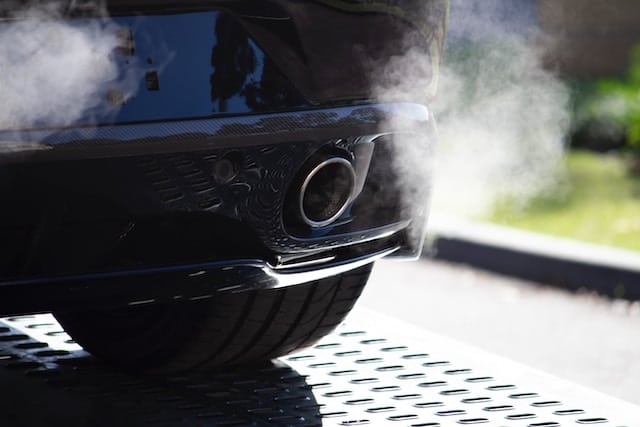How to Diagnose and Fix Common Exhaust Problems
 Understanding the signs of exhaust system troubles is crucial for timely repairs. One common symptom is a noticeable change in the engine’s sound, often becoming louder or more irregular. Another indicator is a decrease in fuel efficiency, as a compromised exhaust system can affect engine performance. Additionally, unusual odors, especially a rotten egg smell, can signal a problem with the catalytic converter.
Understanding the signs of exhaust system troubles is crucial for timely repairs. One common symptom is a noticeable change in the engine’s sound, often becoming louder or more irregular. Another indicator is a decrease in fuel efficiency, as a compromised exhaust system can affect engine performance. Additionally, unusual odors, especially a rotten egg smell, can signal a problem with the catalytic converter.
Dealing with Exhaust Leaks
Leaks are among the most frequent issues with exhaust systems. These can occur due to corrosion, damage from road debris, or loose connections. Identifying the location of a leak often involves a visual inspection for holes or rust in the pipes and muffler. For a more accurate diagnosis, listening for a hissing or tapping sound while the engine is running can pinpoint the leak’s source.
Repairing Minor Leaks
For small leaks, repair options include using exhaust tape or sealant. These products are designed to withstand high temperatures and can temporarily seal holes or cracks. However, it’s essential to recognize that these are short-term solutions. More significant leaks or damage will require professional welding or replacement parts.
Addressing Muffler Problems
The muffler is a critical component of the exhaust system, reducing noise and directing exhaust gases safely away from the vehicle. Rust or holes in the muffler are common issues, often due to prolonged exposure to moisture and road salt. Replacing a damaged muffler is usually the best course of action, as repairs can be less effective and more costly in the long run.
Catalytic Converter Concerns
The catalytic converter, responsible for reducing harmful emissions, can fail due to internal clogging or external damage. Symptoms of a failing converter include reduced acceleration, lower fuel efficiency, and the aforementioned rotten egg smell. Due to the complexity and importance of this component, professional diagnosis and replacement are recommended.
Checking the Oxygen Sensor
An often-overlooked part of the exhaust system is the oxygen sensor. This sensor plays a vital role in optimizing the air-fuel mixture for combustion. Faulty sensors can lead to a range of problems, including reduced fuel efficiency and increased emissions. Replacing a defective oxygen sensor can often restore performance and efficiency.
Preventive Maintenance Tips
Regular inspections and maintenance are key to preventing exhaust system problems. This includes checking for rust and damage, ensuring all connections are secure, and replacing worn components. Keeping the undercarriage clean, especially in regions with road salt, can also extend the life of the exhaust system.
When to Seek Professional Help
While some exhaust system repairs can be done at home, many require professional skills and equipment. Complex issues, especially those involving the catalytic converter or deep within the system, should be handled by experienced technicians. Seeking professional help not only ensures the problem is correctly diagnosed but also that repairs are safe and effective.
Conclusion
Diagnosing and repairing common exhaust problems is an integral part of vehicle maintenance. Understanding the symptoms and knowing how to address minor issues can save time and money. However, recognizing when to seek professional assistance is equally important for ensuring your vehicle’s safety and optimal performance. Regular maintenance and prompt attention to exhaust system issues will keep your vehicle running smoothly and efficiently.
